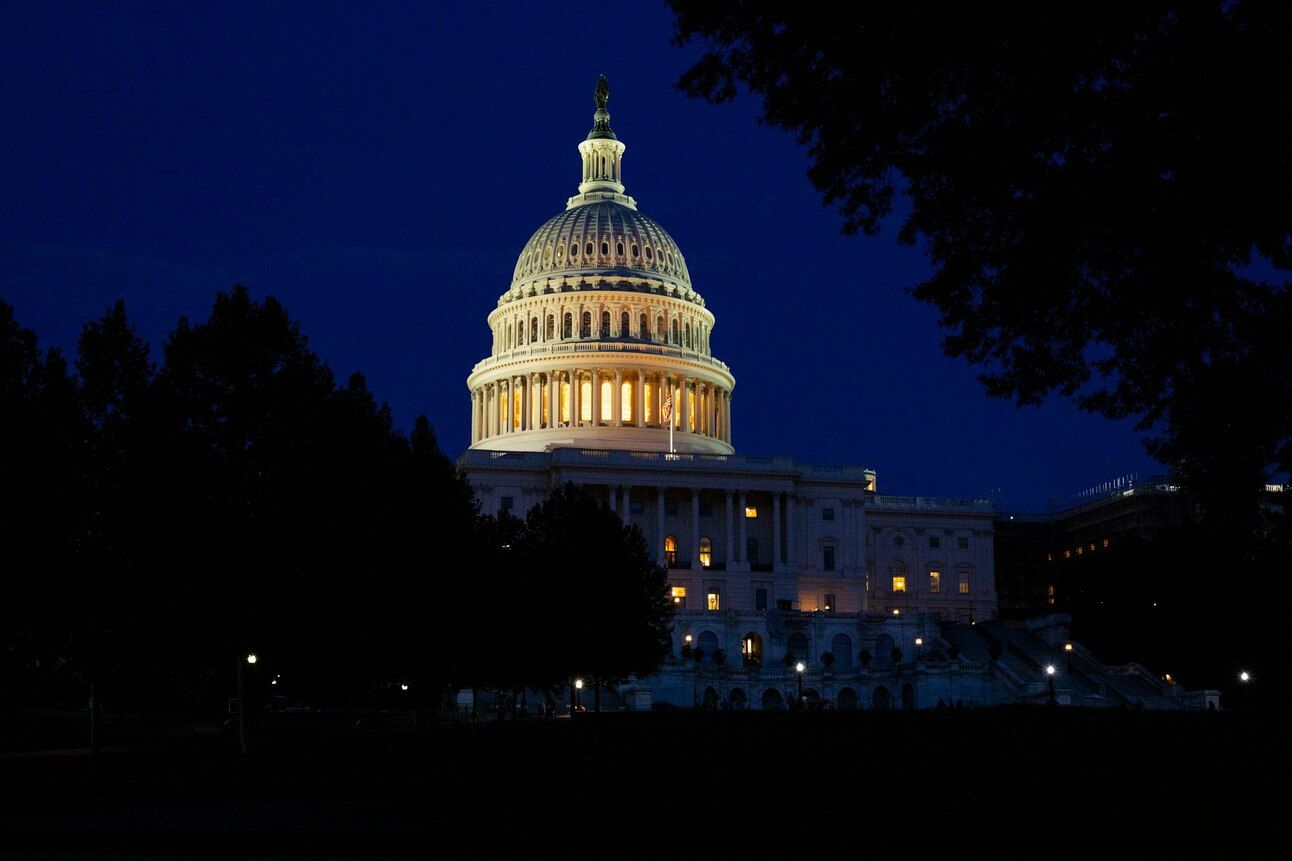
Photo by Darren Halstead / Unsplash
Congress’s end-of-the-year spending bill was released Tuesday morning, totaling 4,000 pages and $1.7 trillion in government expenditures. President Joe Biden must sign the bill by Friday, December 23 to prevent a government shutdown.
What’s in the bill
The defense spending bill includes $858 billion in defense funding and $772.5 billion for nondefense, domestic programs, such as housing, homelessness, education, and nutrition.
Border security—in the Middle East: As the Biden administration prepares for a record-breaking influx of migrants at the southern border next year, the spending bill includes $410 million “for enhanced border security”—in the Middle East, including countries like Jordan, Lebanon, and Egypt.
The Election Reform Act, which prevents state lawmakers from meddling with the results of an election after it has been held, was included in the bill.
TikTok ban: The bill to prohibit the use of TikTok on federal government devices made it in.
Other notable expenditures:
$44.9 billion in emergency assistance to Ukraine and our NATO allies
$1.8 billion in new funding to implement the bipartisan CHIPS and Science Act of 2022
$47.5 billion for the National Institutes of Health, and $9.2 billion for the Centers for Disease Control and Prevention
A boost in the U.S. attorneys budget “to further support prosecutions related to the Jan. 6 attack on the Capitol and domestic terrorism cases.”
What’s not in the bill
Democrats had to let go of several priorities to pass the omnibus bill; it’s their last chance to pass a federal budget while still controlling Congress.
No increase in IRS funding
No crack and powder cocaine sentencing reforms
No Safe Banking Act, the cannabis banking bill that would make it easier for marijuana businesses to access banks and financial services
No citizenship legislation for “Dreamers,” or children who enter the U.S. illegally.



